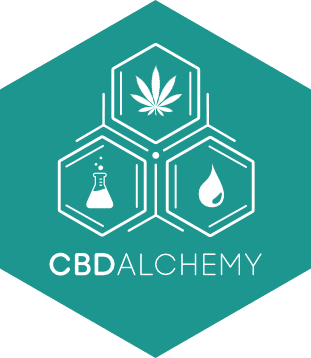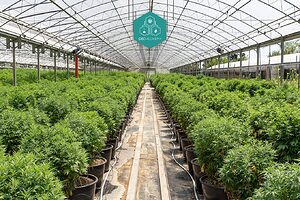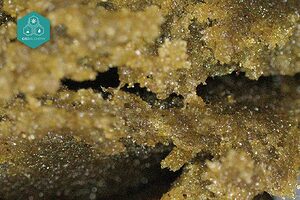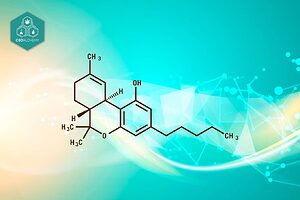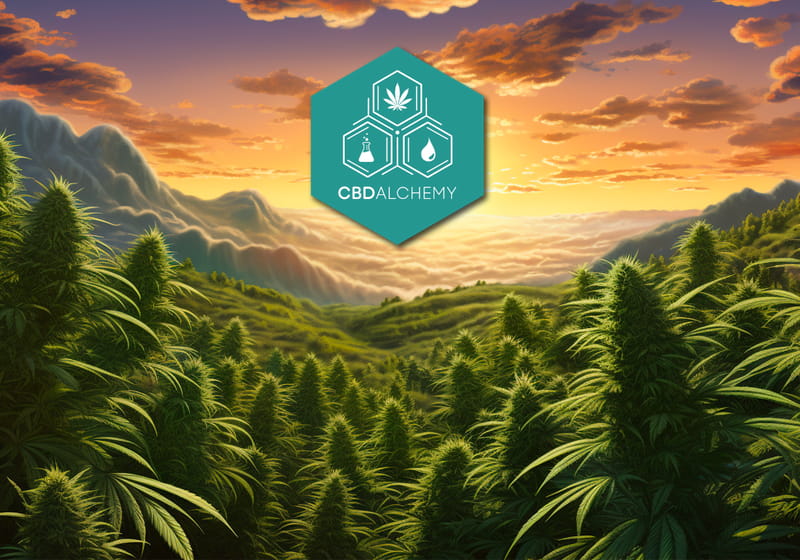- Key Takeaways
- Understanding CBD: The Non-Psychoactive Compound
- Legal Status of CBD: From Global Perspectives to Spain
- The Spectrum of CBD Products: Choices Galore
- Potential Health Benefits of CBD: What Research Suggests
- How to Choose the Right CBD Product for You
- CBD Usage: Dosage and Administration Methods
- Interactions and Precautions: CBD and Other Medications
- Navigating the World of CBD: Where to Find Reliable Information
- Summary
“What is CBD?” – CBD, or cannabidiol, is a compound extracted from the Cannabis sativa plant. It’s non-psychoactive, unlike THC, and has piqued interest for its potential health benefits. Our guide delves into CBD’s origins, legal considerations, product types, and the scientific research behind its use. With a focus on clarity, we’ll navigate through the complexities surrounding CBD without overselling or overwhelming.
Key Takeaways
- CBD is a non-psychoactive compound from the Cannabis sativa plant and is extracted using various methods, including CO2 extraction, which maintains its purity and potency, with legal THC limits varying by region.
- The legal status of CBD differs globally; it is usually legal in the EU if it contains below 0.2% THC, although countries like Spain prohibit the sale for human consumption despite EU rulings defending its legality.
- CBD has a broad spectrum of health benefits, from potential pain and anxiety relief to improvements in skin health. Still, interactions with other medications must be considered, and the right dosage and delivery method depend on individual needs.
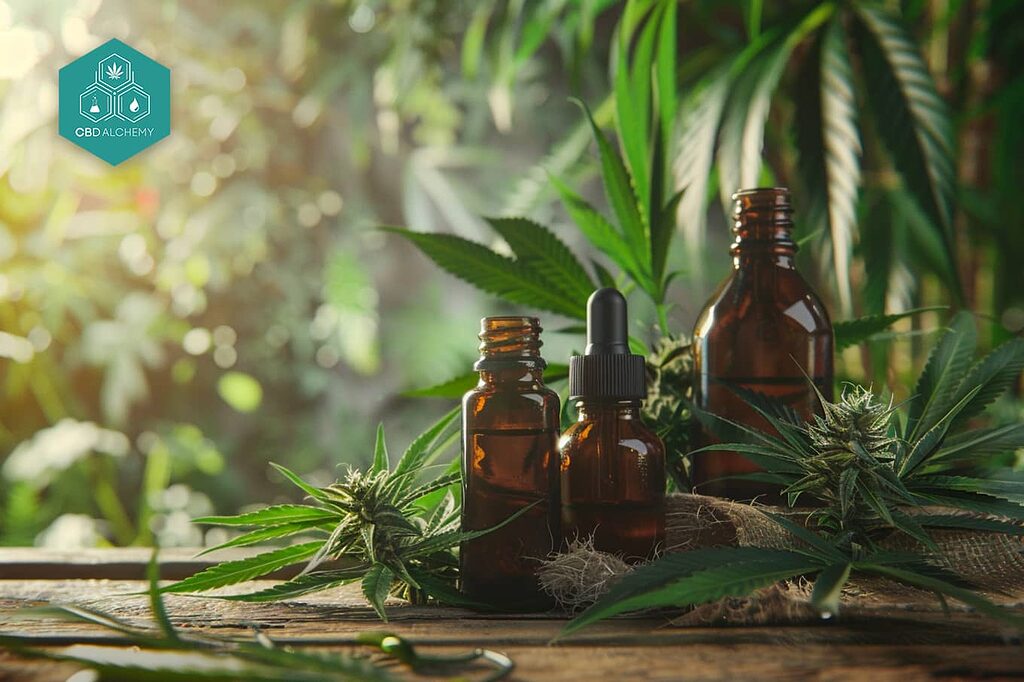
Understanding CBD: The Non-Psychoactive Compound
The essence of CBD is rooted in its source, the Cannabis sativa plant. This plant yields a myriad of cannabinoids, among which are CBD and THC – recognized as the predominant compounds out of more than 100 varieties found in cannabis. Contrary to THC, CBD has no psychoactive properties. It does not induce the ‘high’ typically linked to cannabis consumption. Because it lacks these mind-altering effects, CBD has emerged as a viable therapeutic agent free from concerns over public health implications.
In pursuit of pure CBD extraction comes an effective procedure using CO2 technology. It involves manipulating carbon dioxide across various states by altering temperature and pressure settings to proficiently draw out both cannabinoids and terpenes from raw hemp contained in the cannabis plant. The superiority of this technique lies in its ability to retain active ingredients while securing phytochemical integrity during extraction—producing cannabinoid-enriched oil devoid of extraneous substances.
The Basics of CBD and THC
CBD and THC are two unique compounds originating from the cannabis plant, despite having identical molecular structures with a formula of C21H30O2. The effects they impart on the human body significantly differ. THC is known for being psychoactive and responsible for eliciting the sensation of being ‘high’ that is commonly associated with cannabis.
Contrastingly, CBD does not produce psychoactive effects or cause a high. Instead, it is understood to potentially decelerate communication to the brain and might reduce inflammation. This suggests that CBD could possess advantageous health benefits worthy of consideration.
Extraction and Sources of CBD
The process of extracting CBD is crucial for determining the final product’s purity, strength, and excellence. Utilizing supercritical CO2 extraction involves employing carbon dioxide at elevated temperatures and pressures, isolating many active ingredients from raw hemp while preserving essential phytochemicals without altering their natural structure. This technique includes winterization as a subsequent step to eliminate unwelcome elements such as waxes and fats, producing an oil rich in cannabinoids yet free from contaminants.
In contrast, subcritical CO2 extraction takes place under milder conditions for temperature and pressure. Although this process takes more time, it ensures the preservation of fragile substances like terpenes but results in lesser quantities extracted. Other methods including solvent extractions or DIY approaches utilizing olive oil may introduce unwanted chlorophyll into the extract, lead to degraded compounds or culminate in extracts that have limited yield and stability over time. Consequently, if one desires high-grade CBD oil without dangerous residues, one should opt for products made using supercritical CO2 extraction techniques.
Legal Status of CBD: From Global Perspectives to Spain
CBD’s journey through legal landscapes has been intricate, with its classification fluctuating from a recognized health supplement to being tightly controlled. Within the European Union, CBD tends to be legal as long as it contains THC below the established limit. For instance, in Germany and the UK, some regulations maintain that CBD products must not contain more than 0.2% THC.
Despite this general stance within Europe, regional disparities persist. In Spain, while hemp production, including CBD oils, adheres to EU mandates capping THC levels at 0.2%, commerce involving the marketing or selling of CBD intended for human consumption is prohibited. This policy came under scrutiny when the Court of Justice of the European Union declared that EU nations cannot forbid sales of legally manufactured CBD from another member state if it is derived from all parts of the Cannabis sativa plant – essentially indicating under EU legislation that since whole-plant-derived CDB doesn’t classify as an illicit drug substance, enforcement_tight_control_consume_banned_verdict_determined_illegal_narcotic
The Spectrum of CBD Products: Choices Galore
Today’s market is flooded with CBD products that meet diverse individual demands and preferences. Available options include:
- Full Spectrum CBD, which may contain a range of components from the cannabis plant, including trace amounts of THC, additional cannabinoids, terpenes, and flavonoids.
- Broad Spectrum CBD includes many compounds found in the cannabis plant but without THC.
- CBD Isolate: This represents the most refined form of CBD available and lacks any other substances.
These categories do more than define what’s inside. They also hint at possible health advantages. For example, full-spectrum CBD is linked to an entourage effect—a concept suggesting synergy among various cannabinoids and terpenes, which could potentially bolster overall health benefits associated with its use. People react differently to different forms of CBD. Research implies that full-spectrum or broad-spectrum types might provide enhanced efficacy because they leverage this entourage effect.
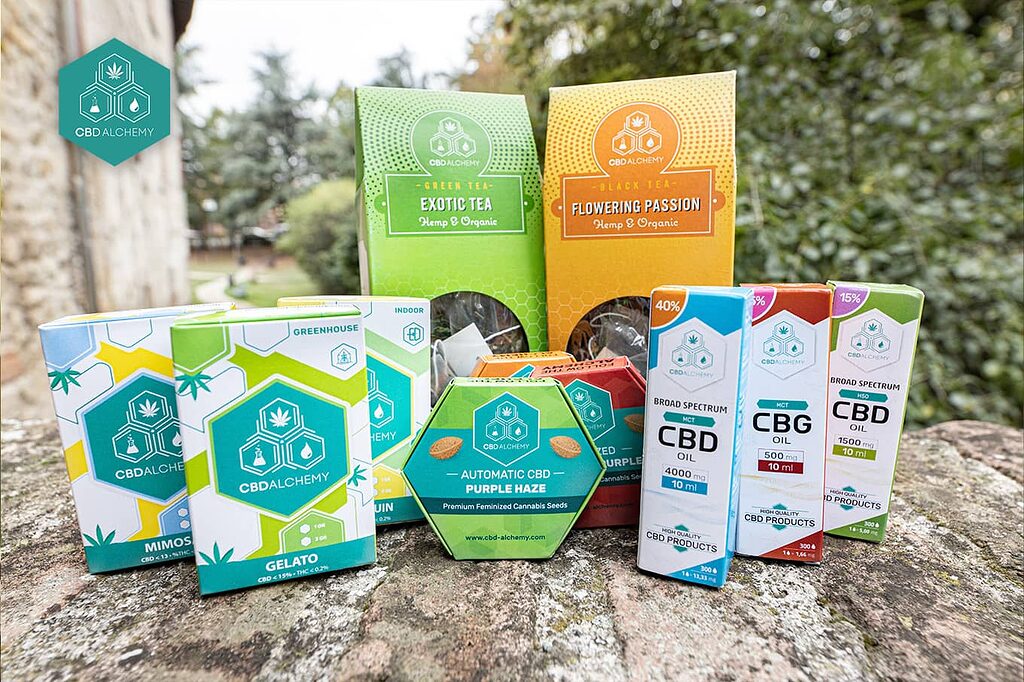
Diversity in CBD Oils
Among the array of CBD products, CBD oil stands out, and its effectiveness is greatly impacted by the type of carrier oil used. Such oils include:
- MCT oil
- Hemp seed oil
- Olive oil
- Avocado oil
These carriers improve our bodies’ absorption of CBD since it dissolves better in fat and gets taken up more efficiently when delivered in an oily solution. Specifically, coconut-derived MCT is favored for its swift assimilation into the body.
To MCT, olive provides a quick skin absorption rate. Hemp seed contributes to what’s known as the entourage effect. Meanwhile, avocado’s nutrient-dense profile makes it especially suitable for topical applications due to how effectively it permeates through the skin.
The need for third-party testing becomes evident considering inconsistencies in production methods regarding label accuracy for CBD content and product purity – minimizing potential risks of ingesting incorrectly labeled ingredient proportions.
CBD Flowers and Cosmetics
In Spain, CBD flowers are considered legal under the condition that their THC levels do not exceed 0.2%. While using these products publicly is against the law, consuming them privately is typically accepted without issue. Notably:
- The legality of CBD flowers hinges on a maximum of 0.2% THC content.
- Public use of these CBD items is prohibited.
- There’s a general acceptance of private consumption of such products.
- An increase in availability can be seen within cannabis clubs offering strains rich in CBD.
As it relates to cosmetics infused with CBD, there’s an emerging trend where products containing CBD oil are being recognized for their beneficial properties related to skin health, as they potentially:
- Offer anti-inflammatory effects
- Reduce the production of excess sebum
- Diminish visible signs of aging, like wrinkles
- Aid in maintaining a clear skin complexion
- Alleviate itchiness
Embracing beauty and well-being, these skincare solutions integrate a comprehensive approach by incorporating cannabinoids like CBD into daily routines.
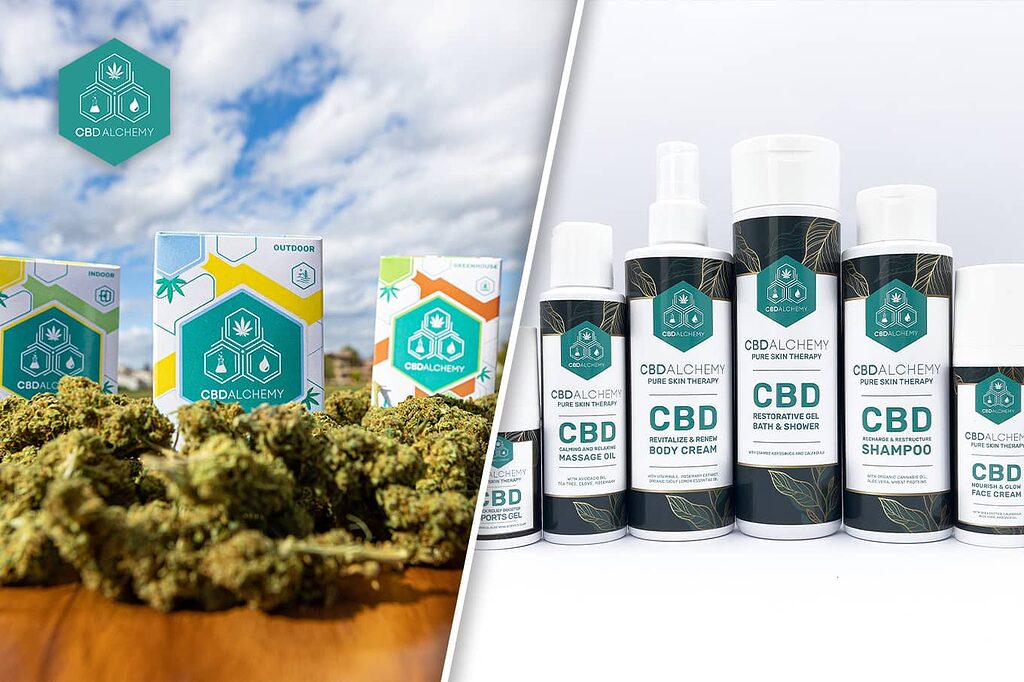
Potential Health Benefits of CBD: What Research Suggests
CBD oil has emerged as a novel option in natural healthcare, displaying promising therapeutic and cosmetic effects. According to research, CBD may offer relief for chronic pain sufferers, enhance the quality of sleep, and help alleviate anxiety. With its excellent tolerance levels and solid safety record, CBD stands out as an advantageous candidate for addressing various health concerns.
Conditions such as anxiety, inflammation-related issues, and neuropathic pain could benefit from the application of CBD, for children experiencing autism spectrum disorder with severe behavioral disturbances. Medical cannabis products like those enriched with CBD have shown the potential to calm erratic behaviors and improve communication skills. Herein, “medical marijuana” pertains to employing medical cannabis specifically for these remedial applications.
The advantages of using CBD extend beyond just internal wellness. It also shows promise in skin care regimens by potentially mitigating acne through its anti-inflammatory attributes.
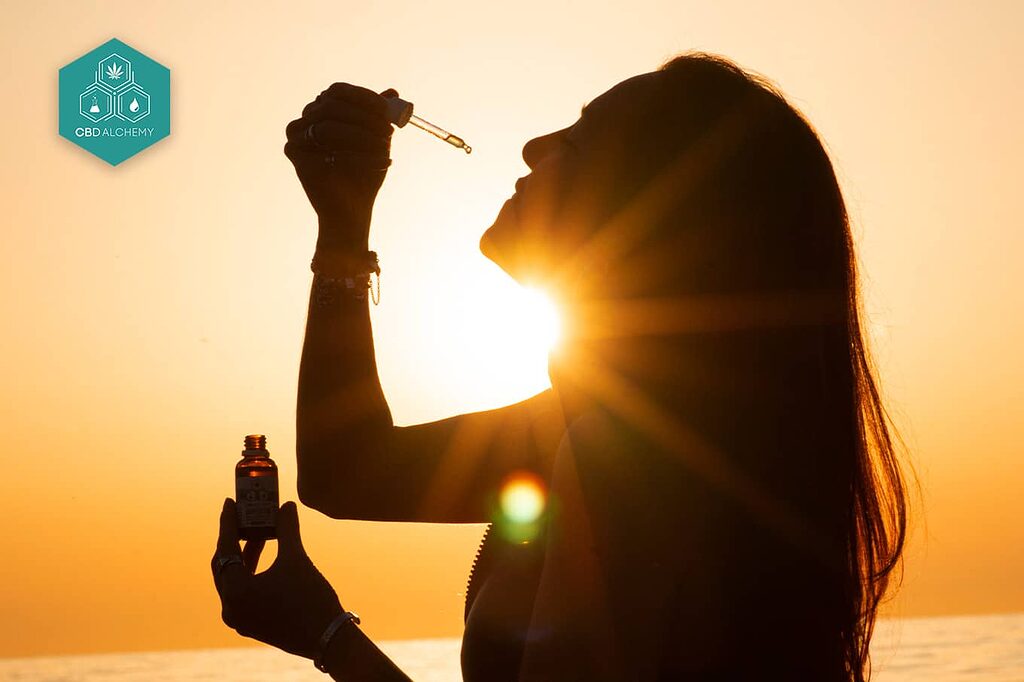
CBD’s Role in Chronic Pain Management
CBD’s potential benefits are particularly significant in the realm of pain management, where it has been found to alleviate discomfort by engaging with the body’s endocannabinoid system. Notably, CBD has demonstrated encouraging outcomes in alleviating both inflammation and pain associated with osteoarthritis, as well as reducing muscle spasms and pain for patients afflicted with multiple sclerosis (MS).
CBD extends its utility in pain relief beyond internal use. It is also available in topical formulations like creams and balms, which can be applied directly to localized areas of pain or skin-related concerns. The strength of these products varies widely, emphasizing the broad therapeutic possibilities that CBD offers when dealing with a range of painful conditions.
Emotional Well-being and medical cannabis
The potential advantages of CBD may also encompass mental health issues, with indications that it could help regulate symptoms of anxiety. This is achieved by prompting the body to relax and diminishing an excessive ‘fight-or-flight’ reaction. Studies have suggested that CBD might contribute to mitigating the symptoms linked with emotional disturbances such as depression.
These insights bring a fresh outlook on managing mental health and emotional well-being, specifically concerning how CBD might be involved in treating post-traumatic stress disorder (PTSD). To ascertain its true effectiveness for these conditions fully, there’s a pressing necessity for Investigation through clinical trials and more research into the realm of emotional disorders.

How to Choose the Right CBD Product for You
Navigating the vast array of CBD products available can be overwhelming. The key to choosing well is aligning your selection with individual requirements, which include considerations like:
- how you wish to consume CBD
- the particular benefits you seek from its use
- determining a suitable dosage
- verifying the quality and purity of the product.
Prioritizing quality and origin in your choice of CBD items is essential because manufacturing practices vary widely. Although there’s relaxed enforcement concerning non-prescription forms of CBD that contribute to their wide accessibility, users should still be mindful of age restrictions as well as legal implications in various locations, including Spain.
Criteria for Selecting Quality CBD Oil
Choosing premium CBD oil involves multiple considerations. It’s essential to have third-party lab confirmation to validate the purity and composition of CBD oil, ensuring it contains the accurate levels of CBD and THC promoted while lacking extra THC that might be detected in drug screenings.
The method used for extraction significantly influences the caliber of CBD oil. The superior technique for acquiring pure CBD is supercritical CO2 extraction, which allows for a clean, precise capture of a full spectrum, including cannabinoids and terpenes.
Price often reflects the quality of pure CBD oil. Thus, it should not be suspiciously cheap or costly. Legitimate product labels will reveal how much CBD they contain, with an optimal concentration ranging from 250–1000mg per 10ml bottle typically preferred.
Buyers are advised to opt for pure CBD extracted from high-grade cannabis plants, insisting on evidence confirming both purity—free from contaminants like pesticides or heavy metals—and explicit declaration detailing exact concentrations of CBD content within products.
Considering Form and Function
There is a wide array of CBD product types designed to fit various preferences and requirements, including:
- Oils with CBD
- Gummies infused with CBD
- Creams and balms containing CBD for topical use
- Capsules filled with CBD
- Liquids for vaping that include CBD
- Sprays enriched with CBD
CBD edibles such as gummies provide a convenient way to consume the compound discreetly, although they only start taking effect after they have been processed through first-pass metabolism. In contrast, CBD capsules offer an option for those who might not enjoy the flavor associated with oils.
Personal choice plays a significant role when choosing oil or capsules infused with CDB since both are shown to be similarly effective in absorption. When selecting the appropriate type of CBD product, it’s important to consider what fits best within your lifestyle and meets your specific health needs.

CBD Usage: Dosage and Administration Methods
It is essential to determine the appropriate dosage and method of taking CBD to obtain its full benefits. For healthy adults, the Food Standards Agency suggests a standard daily intake of 10 mg from products that are at least 98% pure. In more general applications, Adult users may consume up to 200 mg of CBD each day.
Many choose CBD oils for quick absorption into the bloodstream, which can be consumed starting with doses as low as 5 or 10 milligrams by placing it under the tongue before swallowing. Alternatively, edibles provide a more inconspicuous way of ingesting CBD. Applying topical creams and balms infused with CBD allows for targeting specific areas while bypassing initial metabolism in the liver—this could help maintain greater effectiveness where applied.
In deciding how best to use CBD products, one should take into account factors such as:
- Personal health objectives
- Desired speed for onset effects
- Ease-of-use preferences
- Any concerns explicitly tied to various methods of usage
Finding Your Ideal Dosage
Determining the optimal CBD dosage is a personalized approach that starts with taking a small amount and incrementally increasing it, paying close attention to its impact. The proper dosage can be influenced by factors including the potency of the CBD in the product, body weight and height of an individual, and any pre-existing health conditions they may have. When dosing children, it’s suggested not to exceed 25 mg/kg daily.
For fine-tuning your precise intake of CBD over time, keeping detailed records of daily doses alongside their effects proves helpful. How you administer CBD might differ depending on what form it comes in. For example, calculating dosages drop-by-drop is necessary for CBD oils, whereas capsules and sprays come with preset doses, which could simplify making adjustments.
Delivery Methods for Maximum Benefit
The method by which CBD is delivered can significantly influence both its bioavailability and its overall efficacy. Bioavailability measures how quickly and what proportion of CBD makes it into the circulatory system. Products designed for sublingual use, such as tinctures, are absorbed swiftly through oral mucosal tissues, leading to a more immediate onset of effects than those seen with ingestible forms. This rapid absorption occurs because these products circumvent the digestive system.
Conversely, topical applications of CBD in forms like creams or balms are intended for localized treatment areas. These topicals sidestep first-pass metabolism in the liver, which might help maintain greater concentrations of CBD when applied directly. Advancements such as transdermal patches introduce CBD directly into the bloodstream through skin absorption—this supports steadier levels within plasma and could be beneficial for prolonged management needs when consistent therapeutic effects are desired.
Interactions and Precautions: CBD and Other Medications
Understanding the potential benefits of CBD also requires awareness of its possible reactions with other medications. The liver enzyme cytochrome P450 (CYP450), which is involved in metabolizing many drugs, can be influenced by CBD, potentially altering how certain medications are broken down. This might result in either diminished efficacy or heightened side effects from those drugs. Out of 139 medicines that could interact with cannabinoids, researchers have highlighted that changes to their body concentrations due to these interactions may lead to severe consequences for 57 medications.
Particularly concerning are those prescriptions carrying a grapefruit warning. This indicates they share an impact on liver enzymes like CYP3A4 with CBD. It is imperative for individuals taking CBD—especially if they are already managing medical conditions or using other prescription meds—to discuss usage with their healthcare provider and confirm there’s no risk of adverse drug combinations. Those at greater risk include older adults and people dealing with health issues such as:
- impaired liver or kidney function
- seizure disorders
- cardiovascular problems
- compromised immune systems
The danger increases when CBD is used concomitantly with drugs that cause similar side effects. An example is the potential amplification of sedation when sleep-inducing medication is taken alongside CBD.
Navigating the World of CBD: Where to Find Reliable Information
As the CBD market grows, so does the need for reliable information regarding these products. Healthline has thoroughly evaluated numerous CBD brands about their safety, quality, and openness with consumers. Companies like Cornbread Hemp, CBDfx, and Joy Organics enhance trust by undergoing third-party testing that ensures transparency.
Consumer feedback platforms like Trustpilot are instrumental in gauging a CBD provider’s credibility and consumer satisfaction.
One reliable source within this space is CBD Alchemy, which offers an array of services, including:
- High-grade CBD merchandise
- Instructive materials educate about advantages, legal matters concerning usage, and product safety
- The convenience of purchasing via an online CBD Shop
- Prompt delivery options
- Stellar customer support systems
Summary
To sum up, CBD is a non-intoxicating substance obtained from the Cannabis sativa plant that may provide an array of health advantages, including aiding in pain relief and supporting mental well-being. To maximize CBD’s potential benefits, one must navigate legal considerations, select high-quality products, establish proper dosages, and recognize possible interactions with other medications. Individuals can consider incorporating CBD into their overall health routines as a potentially beneficial component by using it prudently and making educated choices.
